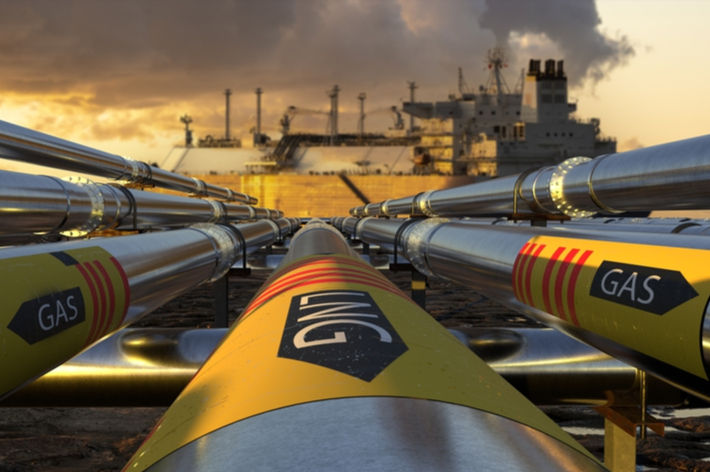
“The new geopolitical and energy market reality requires us to drastically accelerate the clean energy transition and increase Europe's energy independence from unreliable suppliers and volatile fossil fuels,” the European Commission (EC) had said in a media release last month.
“Phasing out our dependence on fossil fuels from Russia can be done well before 2030. To do so, the Commission proposes to develop a REPowerEU plan that will increase the resilience of the EU-wide energy system based on two pillars: Diversifying gas supplies, via higher Liquefied Natural Gas (LNG) and pipeline imports from non-Russian suppliers, and larger volumes of biomethane and renewable hydrogen production and imports; and, reducing faster the use of fossil fuels in our homes, buildings, industry, and power system, by boosting energy efficiency, increasing renewables and electrification, and addressing infrastructure bottlenecks,” the EC release added.
The EU imports 90 per cent of its gas consumption, with Russia providing around 45 per cent of those imports, in varying levels across member states. Russia also accounts for around 25 per cent of oil imports and 45 per cent of coal imports of EU.
The commission aims to implement its ‘Fit for 55' proposals that would reduce the bloc’s annual fossil gas consumption by 30 per cent, equivalent to 100 billion cubic metres (bcm), by 2030. “With the measures in the REPowerEU plan, we could gradually remove at least 155 bcm of fossil gas use, which is equivalent to the volume imported from Russia in 2021. Nearly two thirds of that reduction can be achieved within a year, ending the EU's overdependence on a single supplier,” EC said.
Europe is now turning to Central Asian countries like Turkmenistan to source the relatively sustainable natural gas. However, China is currently the largest buyer of gas from Turkmenistan, and it accounted for more than 60 per cent of the pipeline imports in 2019, according to European media reports.
Turkmenistan’s total natural gas reserves are estimated at 50 trillion cubic meters.
Fibre2Fashion News Desk (KD)